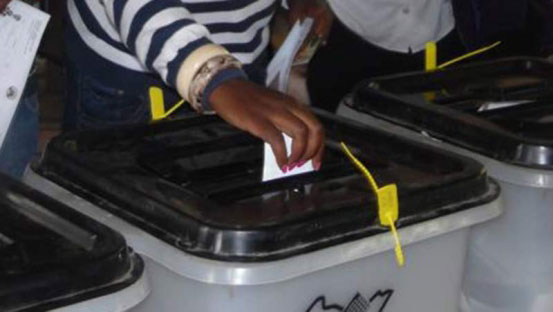×
The Standard e-Paper
Home To Bold Columnists

NAIROBI, KENYA: When politics took a toll on the economy in August last year, Jesse Kamau closed his business.
For weeks, he was forced to live off the profit he had sweated for years to accumulate.